Ya gotta get outside of your box:
The "nine dots" puzzle
(Public Domain image. Author: Blleininger).
Puzzle rules: Link all 9 dots using four straight lines or fewer, without lifting the pen and without tracing the same line more than once.
Light direction and light quality are the key elements needed to make high quality photographs.
I wonder. How much study you have applied to them?
Composition is next on the list of importance. Again. How much have you studied the various
elements of visual art composition - line, proportion, scale, visual weight, texture, depth, form, space, shape.
A few of years back I felt I needed to refill my creative juice container, but no method of doing that was coming to mind.
On a shopping trip to Walmart I went to the office and art supplies section to just look around and wound up buying a pad of sketching paper thinking doing some sketching, not something I do often because I don't do it very well, might help get me recharged.
The sketching pad just sat around - un-used - for several weeks.
One day I was dusting the floor in the little personal studio I have in what would otherwise be an upstairs bedroom, looked at the sketching pad and an idea for a photograph popped into my head.
I grabbed one of several sheets of white foam board I keep around to use as reflectors and laid it flat on a table.
I grabbed some thumbtacks and started taking sketching sheets out of the sketching pad and thumb tacking them to the foam board in the shape of waves.
I put a blue gel on a speedlight and set it up with a remote radio trigger behind the sheets of paper.
I put my DSLR on a tripod, closed the curtains on the window to darken the room and:
SOOC (straight out of the camera)
It works nicely as my desktop image:
Edited to B&W
Have you played with
shooting incense smoke?
Add some color with Photoshop editing.
Flame
Rosebud

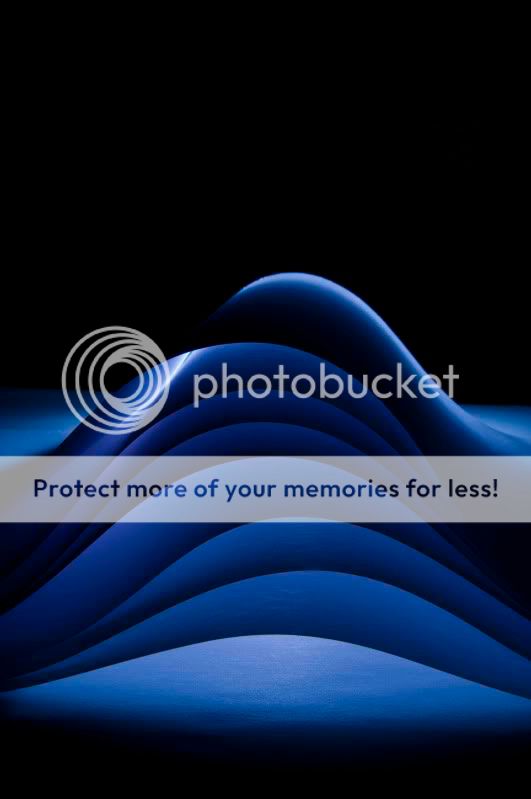
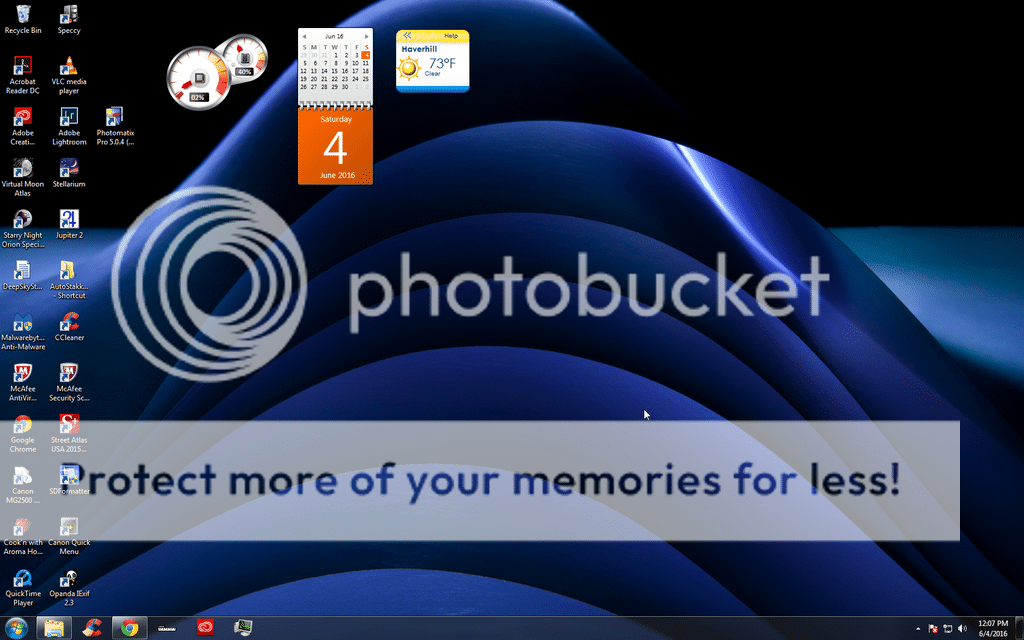
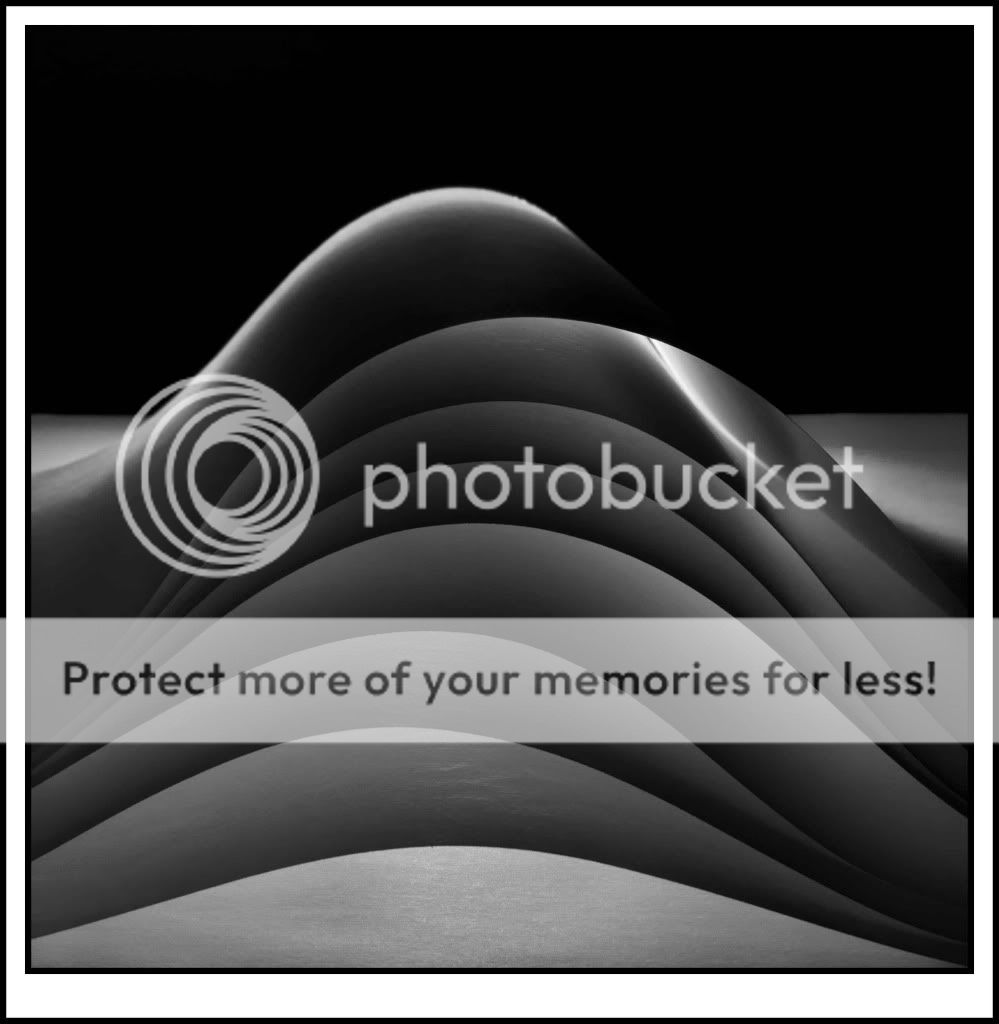


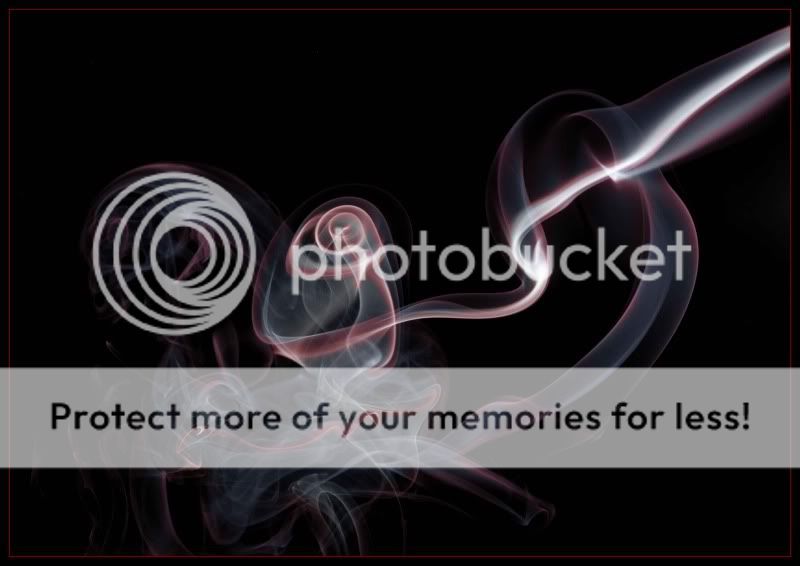
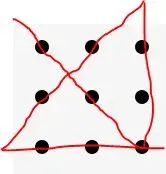






![[No title]](/data/xfmg/thumbnail/36/36301-27972c0474532c2ef657014362950733.jpg?1734168626)
![[No title]](/data/xfmg/thumbnail/32/32930-09414fc020c2a60a456ff59a05c5ef8f.jpg?1734162706)




